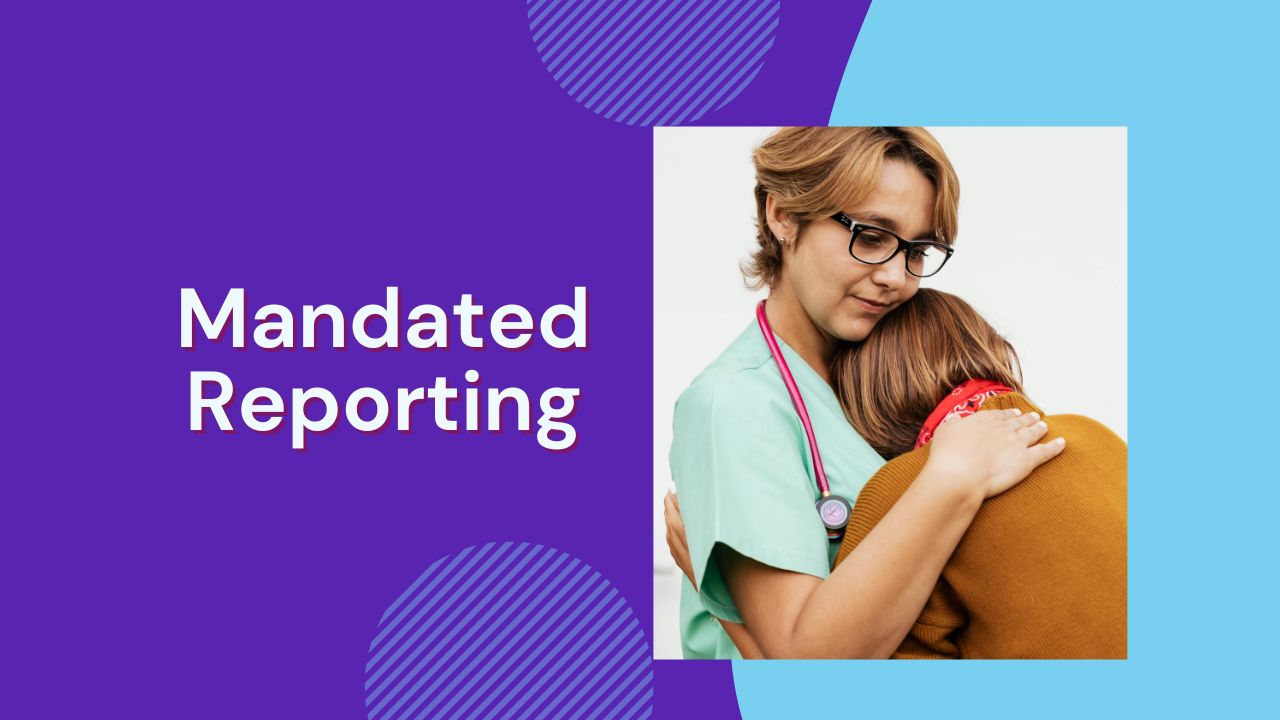You decided to jump for it! Now, you're preparing to work your first per diem nursing job you requested using Nursa. The platform search and schedule functions are handy, aren't they? Now that the easy part is over and you have a per diem shift on your Nursa work calendar, you're wondering what to expect.
Regardless of whether or not you have a shift on your calendar, you are here because you want to prepare, which is excellent. That attitude demonstrates a willingness to learn and adapt, which will take you far in nursing and life in general. So, hold on to that attitude while we review what is per diem work, where to find it, what to expect, and some tips to prepare you for working per diem shifts.
What Is Per Diem Work?

Per diem work is, by definition, work to be done as needed. Hospital and facility staffing managers post their per diem shifts on Nursa. By working per diem shifts, you are not becoming an employee of a hospital or healthcare facility. You also are not a Nursa employee. You are an independent contractor who picks up shifts when hospitals and healthcare facilities have a need, and those shifts fit your schedule, qualifications, and priorities.
This type of staffing strategy allows hospitals and facilities to source nursing professionals with the flexibility to adjust for nurse-to-patient ratios. At Nursa, we designed our system with flexibility in mind for staffing managers and clinicians who pick up shifts.
The healthcare industry often uses the term per diem, which means “by the day,” and the acronym PRN, short for “pro re nata,” which is a Latin term for "as the circumstance arises,” interchangeably.
What Can I Expect When Working PRN Shifts?
Per diem work is, by definition, work to be done as needed. Hospital and facility staffing managers post their per diem shifts on Nursa. By working per diem shifts, you are not becoming an employee of a hospital or healthcare facility. You also are not a Nursa employee. You are an independent contractor who picks up shifts when hospitals and healthcare facilities have a need, and those shifts fit your schedule, qualifications, and priorities.
The short answer to your question is you can expect the need to adapt and adjust to the circumstances quickly. When you arrive at the facility for your shift, open the app, click "I'm here," and present yourself to the nurses' station.
You'll then receive the shift handoff report from the nurse or nursing assistant you are relieving. Depending on the facility type—hospital, skilled nursing, long-term care, home health, hospice, urgent care, and more—some of your responsibilities or tasks will vary, although nothing outside your scope of practice.
Review our tips for new clinicians to help you prepare.
11 Tips for Working Per Diem Shifts
- Prepare your things the day/night before. Nobody wants to rush around their home searching for a stethoscope or that left sneaker just 15 minutes before you must walk out the door. A little bit of nerves beforehand is perfectly normal, but they will get in the way of finding what you're looking for or even cause you to forget something important. So set your things aside ahead of time that you'll need to wear and take with you. You'll want to ensure you take a picture ID—your driver's license, for example—with you because Nursa does not provide badges.
- Make sure the car has gas. Have you ever been in a rush to get somewhere, and you turn on the car only to see the little gas light ping on, telling you to fill up the tank or else?
- Eat ahead of time and pack a few snacks in your bag. Even if you have a few tummy flutters, you will want the energy and alertness that a full stomach provides. As healthcare professionals, you already know the benefits of healthy eating in detail, so there's no need to hammer it at you further. Just remember to eat ahead of time and take a few snacks.
- Hydrate. Everyone has their go-to drink that helps them get through a shift, be it caffeine in the form of a giant latte, soda, or an energy drink, but you'll be glad to have your water bottle on hand, and you'll miss it if you forget.
- Show up on time. In fact, it's an excellent idea to arrive early. Especially if it's your first time at that specific facility, an early arrival will give you time to find the nurses' station to check in, locate the bathrooms and the breakroom, and get an idea of the facility's layout. It also sets the tone that you're a professional who takes your job seriously.
- Pay close attention to the shift handoff report. Once the person you are relieving is gone, so is your best source of information for patient status, ongoing treatments, any outstanding labs or diagnostics, and necessary tasks for the care plans you need to attend to during your shift. Listen carefully and ask clarifying questions when necessary so that you're ready to take over for the shift. Learn more about how to do a proper nursing handoff or shift report here.
- Keep a humble attitude. Because you are a temporary addition to the staffing team, by definition, your presence is to help, not to run the show. Most of the staff will be relieved to have more help; they likely won't care about your resume beyond knowing that your license or certification is valid. You may feel like you aren't being used to the best of your talents, but your job isn't to show up and redirect everything. Your job is to accept your assignment and patient load and help out where needed.
- Work hard without complaining. Remember that you'll be earning more per hour for your time than many of the facility staff—and at least some of them will know it. They may assign to you unpopular or even dreaded tasks or some of the more difficult patients. But remember, you didn't pick up the shift because it would be easy. You picked up the shift because the high pay rate, the location, and the date and time fit your schedule needs.
- It’s not personal. While this is not always the case, sometimes you will be given a difficult assignment as a per diem clinician. You can establish yourself with a solid reputation because people know—even if they won't say it aloud—when they've given you challenging work. You can’t take it personally; keep your head down while you put your skills to work.
- Avoid workplace politics. Stay out of the way of politics and any conversations about staff dissatisfaction. You are a neutral and temporary presence in that facility and should stay that way. Keep it professional and stick to the job.
- Be careful not to overcommit. With time and experience, PRN nursing will become easier and more natural for you both in terms of expectations and adaptability as well as the organizational side of it. Your Nursa calendar will show you the days that you have scheduled PRN shifts to work, so use that tool to prevent overcommitting, double-booking, or simply stretching yourself too thin.
Attitude, adaptability, and hard work are the name of the game when it comes to working per diem shifts. You can do this; the more you do it, the better you will be at it. Did you know that on Nursa, facilities can request individual RNs, LPNs/LVNs, and CNAs to pick up shifts?

How to Find Per Diem PRN Nursing Jobs
Find PRN nursing jobs near you by joining Nursa. Nursa is an on-demand open healthcare marketplace, which means it is an online platform where hospitals and facilities post their PRN shift needs, and nursing clinicians browse those PRN shifts and pick up the ones that fit their schedules.
Nursa is accessible both via a smartphone app and on your desktop computer via browser. Hospitals and healthcare facilities all over the United States post their PRN shift needs for registered nurses (RNs), licensed practical/vocational nurses (LPNs/LVNs), certified nursing assistants (CNAs), and other allied healthcare professionals in certain states such as caregivers (CGs) in Arizona, and qualified medication administration personnel (QMAPs) in Colorado.
Once registered with Nursa, follow the prompts to set up a professional profile and verify your license or certification. Then, you can browse the available PRN shifts. Nursa has various adjustable search filters, one of which is a filter for location. You can adjust the filters to show PRN shifts available near you within a small radius or expand it to cover a broader range. Want to know how many nursing jobs are available near you right now; have a look!
Start Your PRN Nursing Career Today
Just because you can find and pick up a shift every free moment you have doesn't mean you should. Taking care of yourself is essential to avoid burnout and maintain a healthy work-life balance. We want that for you. Pick up shifts on your terms, when and where you want. If you want to learn more about the requirements to work per diem shifts, read our guide to common nursing credentials.












.jpg)
